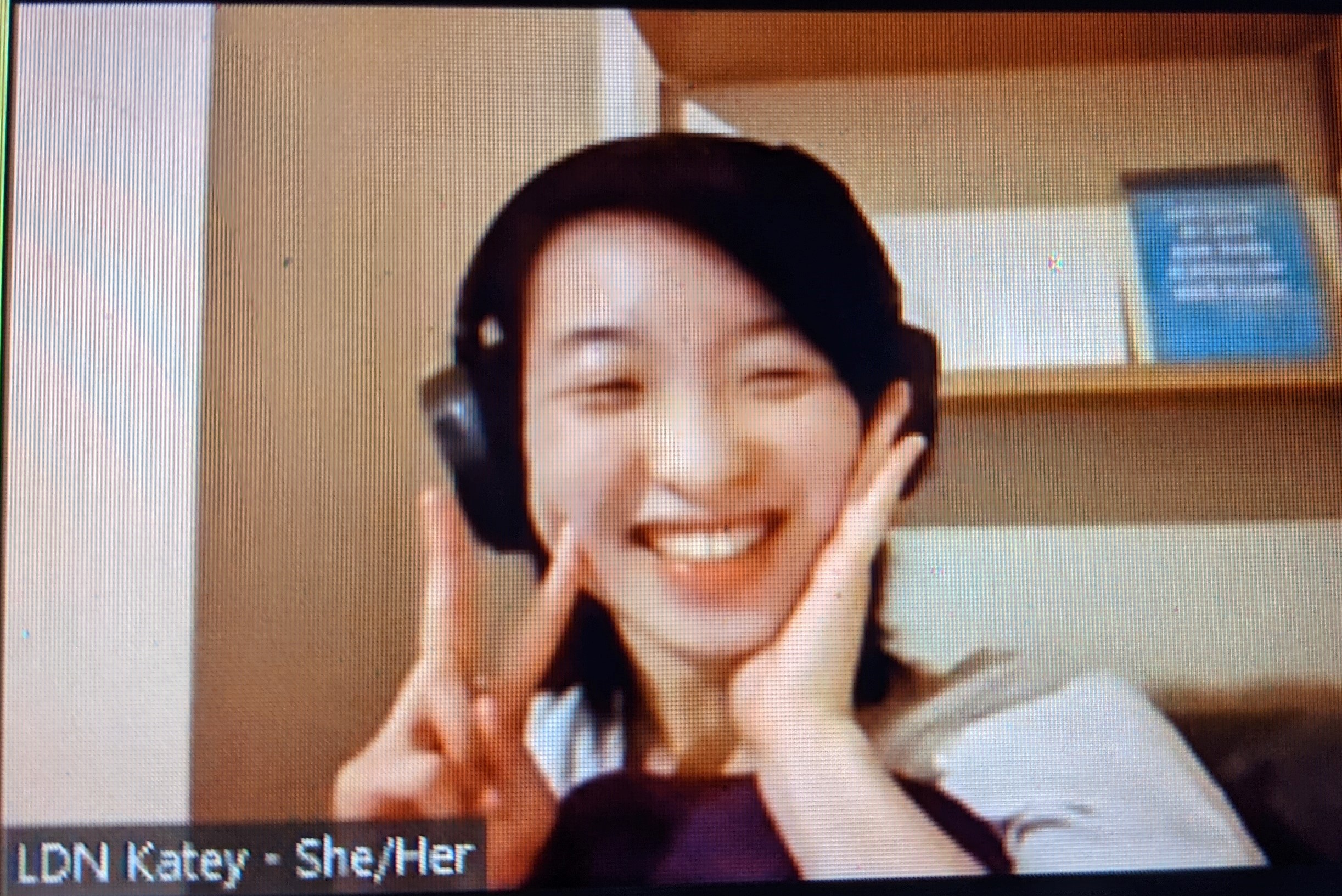Hi everyone! As an insight into my volunteer role at City Year, I would like to show how I use psychology at the primary school I work at.

Professionalism
My approach to being school staff involves a fine balance between being professional vs being friendly. At the start of the year, I was too friendly and passive, leaving to problems with controlling pupil behaviour.
Now, I am not afraid to use my voice and enforce punishments to ensure pupils behave and do what they are told to. Despite being forced to take a hard-line stance on behaviour, I demonstrate active listening, mirroring, and summarising to ensure understanding.
I greet pupils at the beginning of the day, and I give them choices so they have an element of control over their learning and behaviour. I also use spaced repetition, as I have seen that once someone has been told to change their behaviour enough times, I can remind them to behave just by looking at them. Moreover, I try to always respond firmly but fairly instead of reacting instinctively and emotionally to bad behaviour and disobedience.
Educational attainment
When it comes to lessons, I use scaffolding and probing questions to build on pupils’ current skills, and to direct their thoughts towards the answers to the questions they need to answer. I give them time to process their thoughts before answering, so they don’t feel rushed to say the first thing they think of.
When working with lower attainment pupils, some of them tend to want to be ‘spoon-fed’ the answers, and so throughout the worksheet, I keep asking them to explain how they got the answer to check their understanding. If the pupil doesn’t understand me, I refer back to worked examples, re-explain things in a different way, or use analogies to help them understand the underlying concepts needed to answer the question.
Learning in Reception
Sometimes, when other Learning Support Assistants (LSAs) are on training, I will cover their shift in Reception for the day. In Reception, the pupils learn mostly through role play, fantasy play, and by looking at books. During these free play sessions, I model how to use the toys for them, and I try to shape their behaviour towards using the equipment as intended. However, in terms of formal lessons, they practise some spellings, have phonics lessons, learn Maths vocabulary, and they are read to every day.
Reading
I also do 1:1 reading and Daily Supported Reading (DSR), which is done in small groups following a programme of colour-coded level books. During these interventions, I correct their pronunciation between pages, I ask them about the semantics of difficult words, I ask them to predict what will happen in the book, and I ask them comprehension and inference questions at the end.
Some pupils will read the first letter, and then struggle to select the correct word from the English words they already know. They tend to ignore the semantic context and the rest of the letters in the word in front of them, seeming to pick a word out of thin air. But as for the pupils who don’t like to read, I will compromise with them by taking turns to read, or by breaking down the whole book to just a page at a time, so then they feel committed to carrying on.
I hope you gained a greater insight into my work as a Volunteer Mentor! If you would like to hear more from me, you can find me on LinkedIn.
